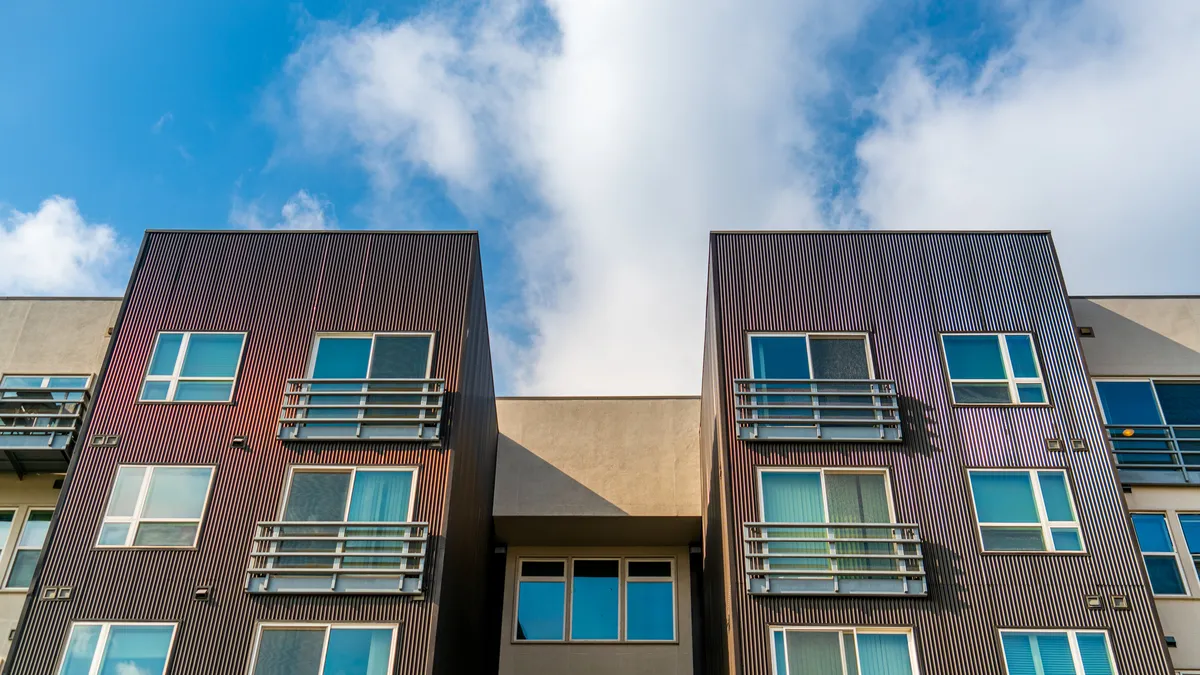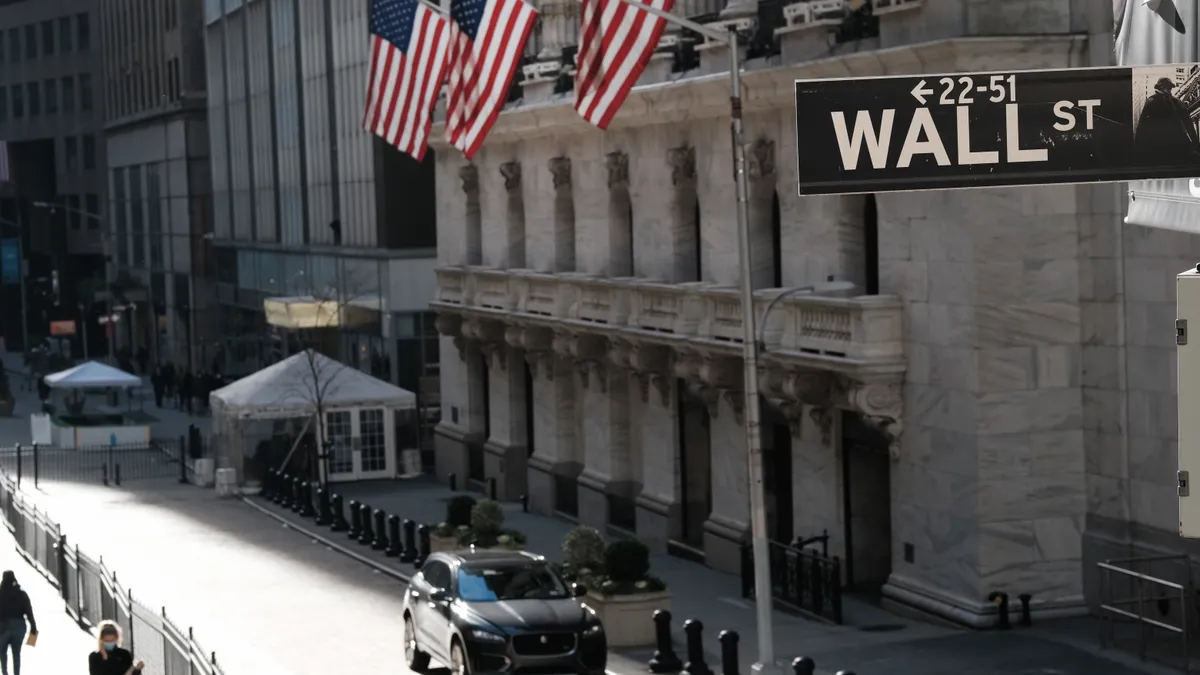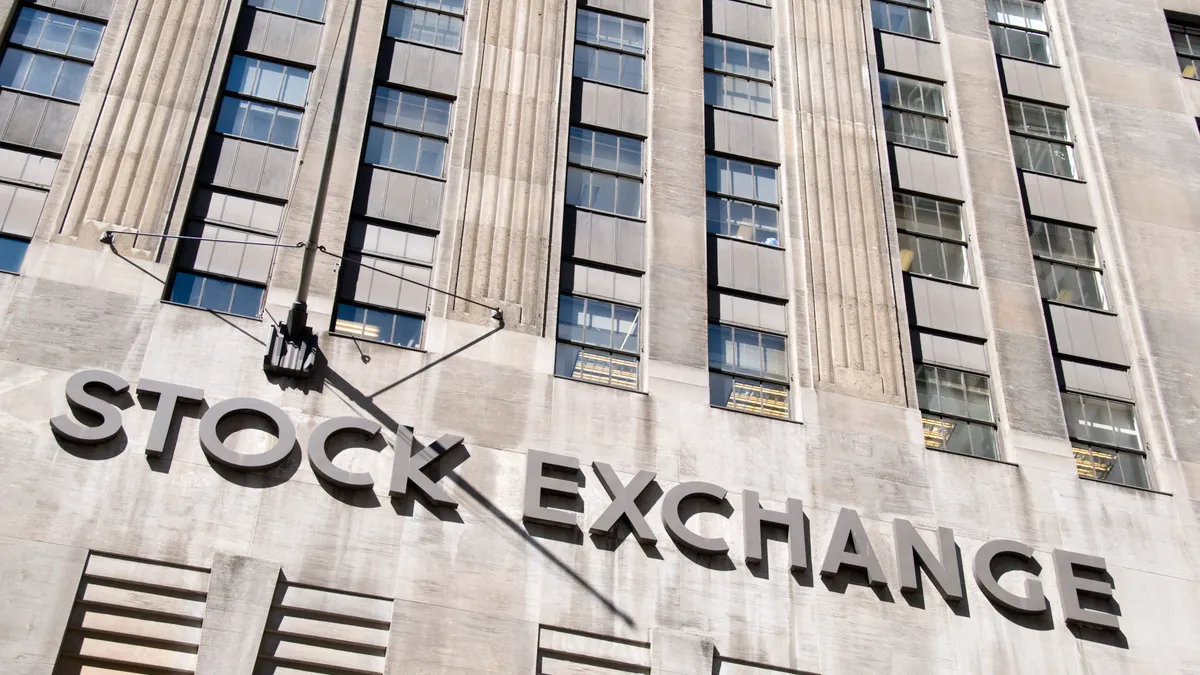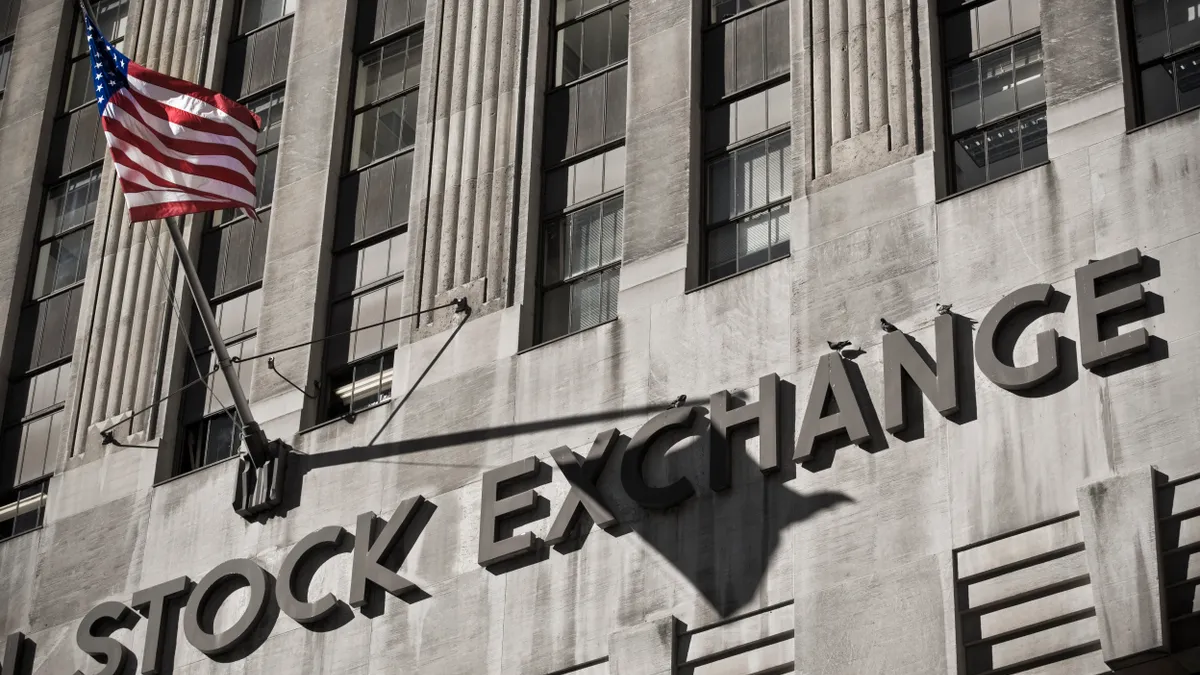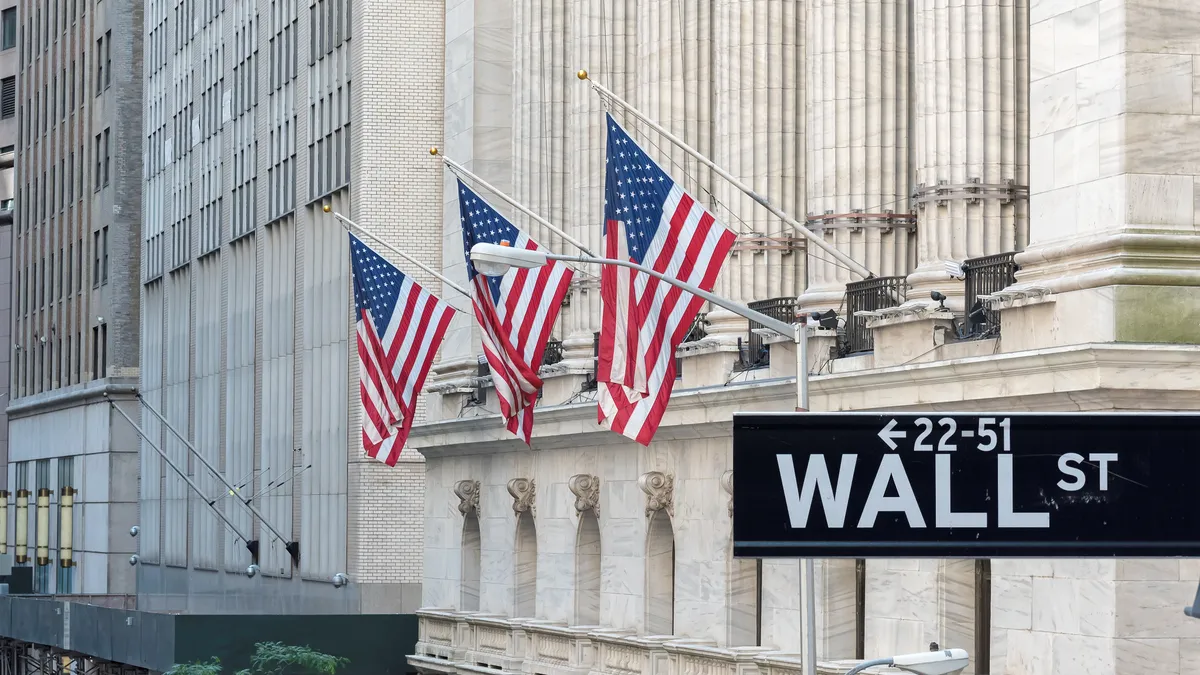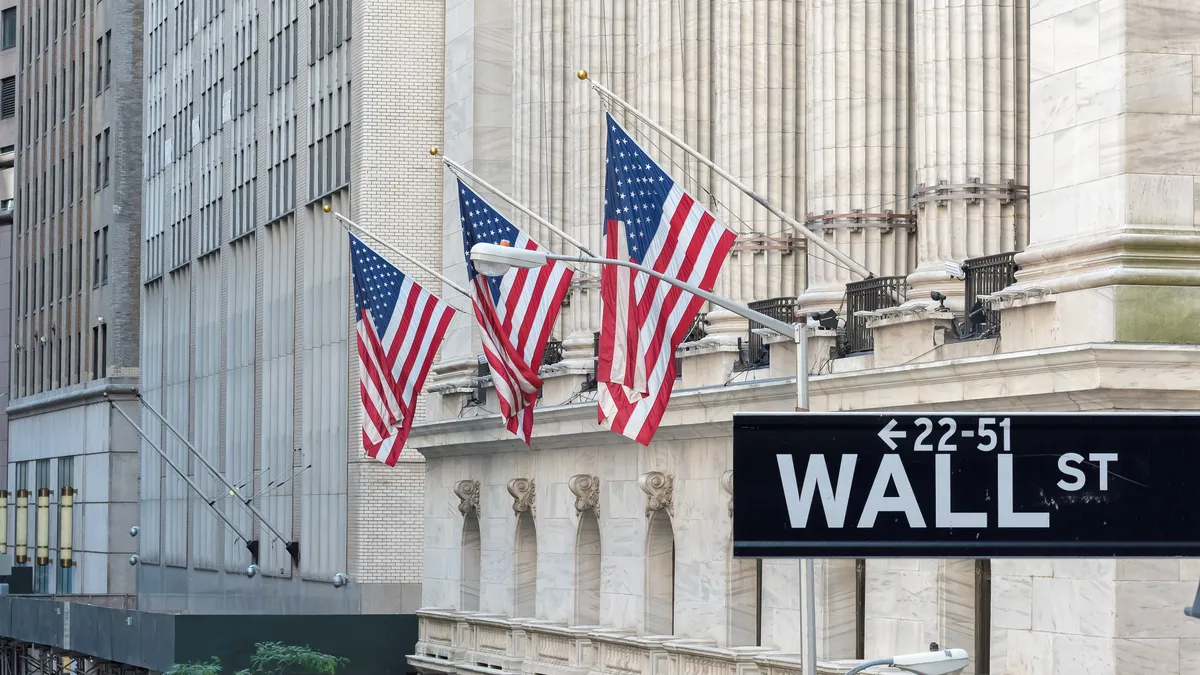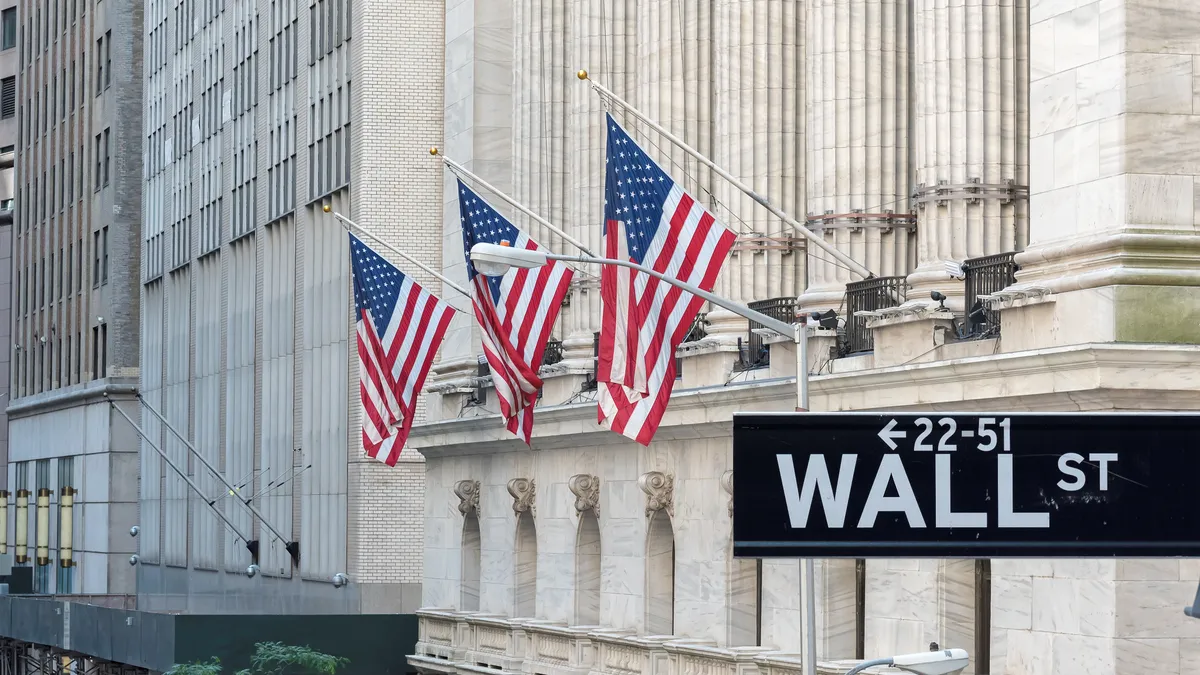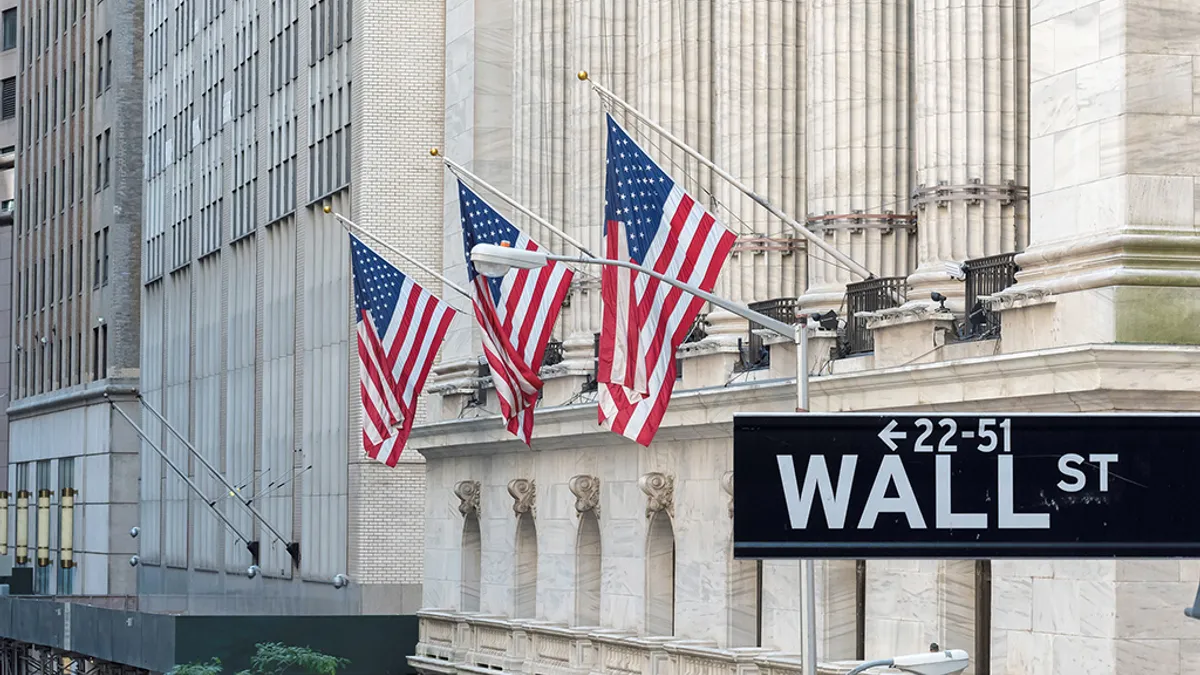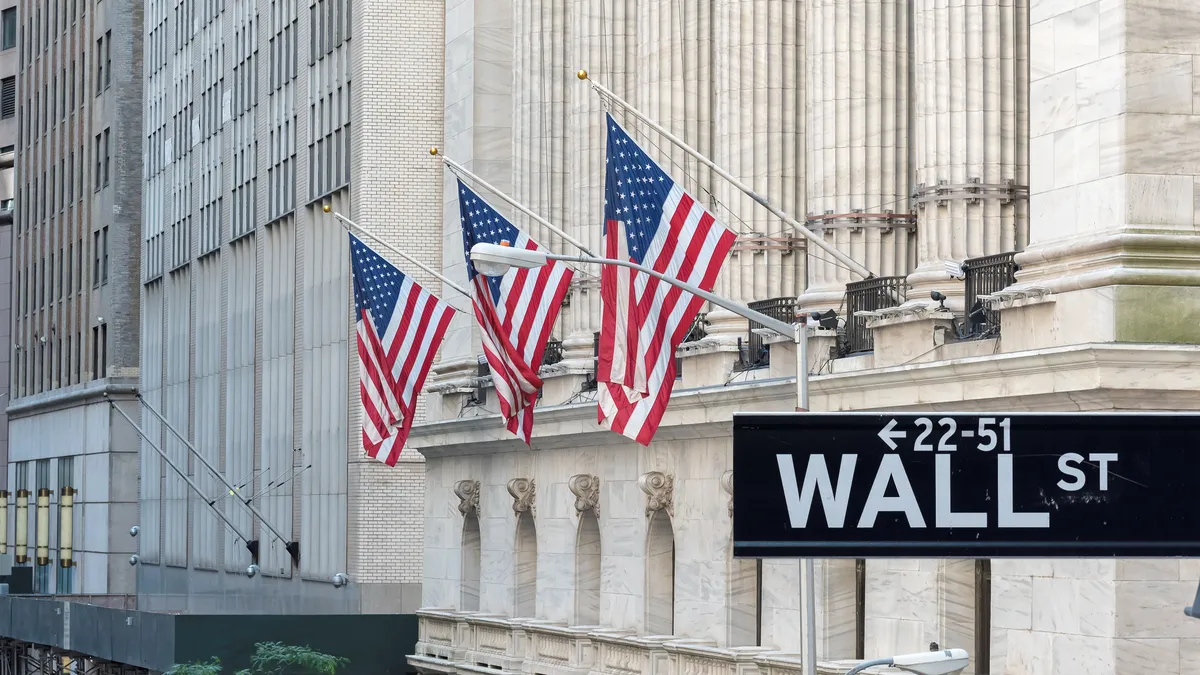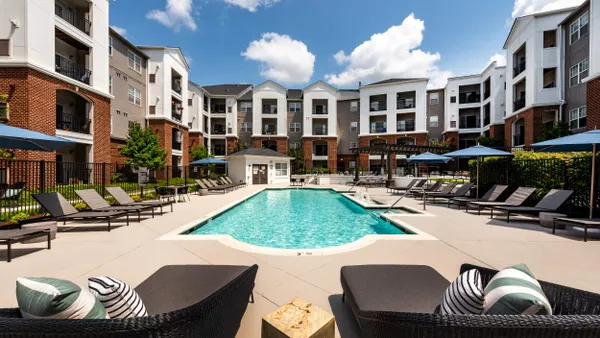Even with a lot of questions about the economy and apartment supply causing concessions in certain markets like San Francisco and Seattle, some REITs, including Equity Residential, have still seen robust increases in net effective rents for new units this year.
On the Chicago-based firm’s second quarter 2023 earnings call in late July, chief operating officer Michael Manelis noted that the REIT’s rent prices rose about 6% since the beginning of 2023, though occupancy is being depressed by turnover in Los Angeles. “It's right where we thought it was going to be,” he said.
Normally, those rents peak for the year from late July to mid-August, but Manelis thinks EQR could see rents for new leases continue to increase this month.
“We've got really strong foot traffic [and] strong application volume,” he said. “So, I'm not going to be surprised if we don't see a few more weeks of slight increases in rates coming through our system.”
Manelis cited a “favorable competitive new supply position” and low move-outs to homeownership as reasons the company is on track for a good 2023.
“Single-family home purchases continue to be an expensive proposition,” he said. “In fact, less than 8% of our residents gave ‘bought a home’ as the reason for their move-out in the second quarter, which is well below the 12% norm for this period.”
Here are three other takeaways from EQR’s earnings report and call:
The East Coast stands out
EQR’s strongest-performing region in Q2 was the East Coast. And there, New York City was the standout, with 13% year-over-year same-store revenue growth and occupancy at 97%. “Demand indicators continue to be positive, making this market the expected top performer for the year,” Manelis said.
Boston produced same-store revenue growth of above 8% as EQR’s urban properties outperformed those in the suburbs. Despite mounting new supply in a number of submarkets, the Washington, D.C., metro posted same-store revenue growth of 6.3%. “The market just keeps going, absorbing these units at a healthy pace and delivering some of the best revenue growth in the portfolio,” Manelis said.
On the West Coast, Los Angeles posted negative YOY revenue growth, while Orange County and San Diego were positive. However, Manelis noted that LA’s issues were from bad debt due to large rental relief receipts in Q2 2022.
BY THE NUMBERS
| Category | Q2 | YOY Change |
| Property revenue | $697.4 million | 5.5% |
| Net operating income | $478.4 million | 5.4% |
| Operating expenses | $219 million | 5.5% |
| Funds from operations | $0.93 | 4.49% |
| Rent per unit | $3,017 | 6.4% |
| Occupancy rate | 95.9% | -0.8% |
SOURCE: EQR
“We are still seeing healthy demand in Los Angeles and have not felt any negative impact from the worker strikes in the entertainment industry,” he said.
San Francisco posted 3.1% revenue growth, which would have been 4.6% after adjusting for the impact of rental relief proceeds in Q2 2022. Seattle is underperforming EQR’s expectations with net effective pricing 2% below March 2020 levels.
“For this market to fully recover, it needs to see more consistent strong job growth with better quality-of-life conditions that will bring people back to the market,” Manelis said.
EQR’s expansion markets of Denver, Dallas and Austin continue to face issues with new supply. “Meanwhile, Atlanta remains a bright spot with double-digit revenue growth for both the quarter and year to date,” Manelis said.
Focusing on centralization
Like most apartment REITs, EQR remains focused on customer experience and offering self-service options as it builds out its operating platform. Recently it completed a resident survey with more than 32,000 responses that “validates our strategy of combining our growing data science capabilities with streamlined execution,” according to Manelis.
“Leveraging data and analytics on top of our resident feedback will create further opportunities to expand our operating margin,” Manelis said. “With a fully centralized and mobile operating platform, we are in a strong position to create a seamless customer experience with a platform that continues to allow us to innovate, experiment and rapidly scale what works across this portfolio.”
At EQR, lease renewals run through a centralized team. Manelis expects that 55% to 60% of the REIT’s residents will sign new leases at 5% to 5.5% increases. Though renewals usually have an element of negotiation, he said the team tightened those discussions to a range of 100- to 150 basis points. As peak leasing seasons winds down, that number may expand to 200 basis points.
“We remain really optimistic about the performance,” Manelis said. “Centralizing this team has really given us the ability to pivot quickly and really deliver consistent results.”
Few transactions
On the transactions front, EQR’s Q2 was relatively quiet, according to CEO Mark Parrell. It didn’t sell anything, but did buy a couple of deals, including a newly developed property in Atlanta and an apartment community in Denver.
“The transaction market generally remained stuck between buyers who expect lower prices, given the huge shift in interest rates and a less accommodative capital markets, and sellers who remain wedded to early 2022 values and by and large have assets that are still operating pretty well,” Parrell said. “So they feel no great compulsion to sell right now.”
EQR’s CEO expects things to pick up in the next six to 12 months as floating-rate loans with expiring caps reset and as developer capital invested in newly completed deals becomes impatient. As this happens, the REIT may be able to grab assets.
“As opportunities present themselves in the Sun Belt and Denver markets and in select suburban locations of our coastal markets to acquire or develop great assets at fair prices, we will be there to do so,” Parrell said.
Right now, Parrell said new development isn’t penciling out for EQR. “There's not enough of a risk premium in what is a risky endeavor of development,” he said. “So for us, I think acquisition seems like a better place to invest capital for the time being.”
Click here to sign up to receive multifamily and apartment news like this article in your inbox every weekday.





